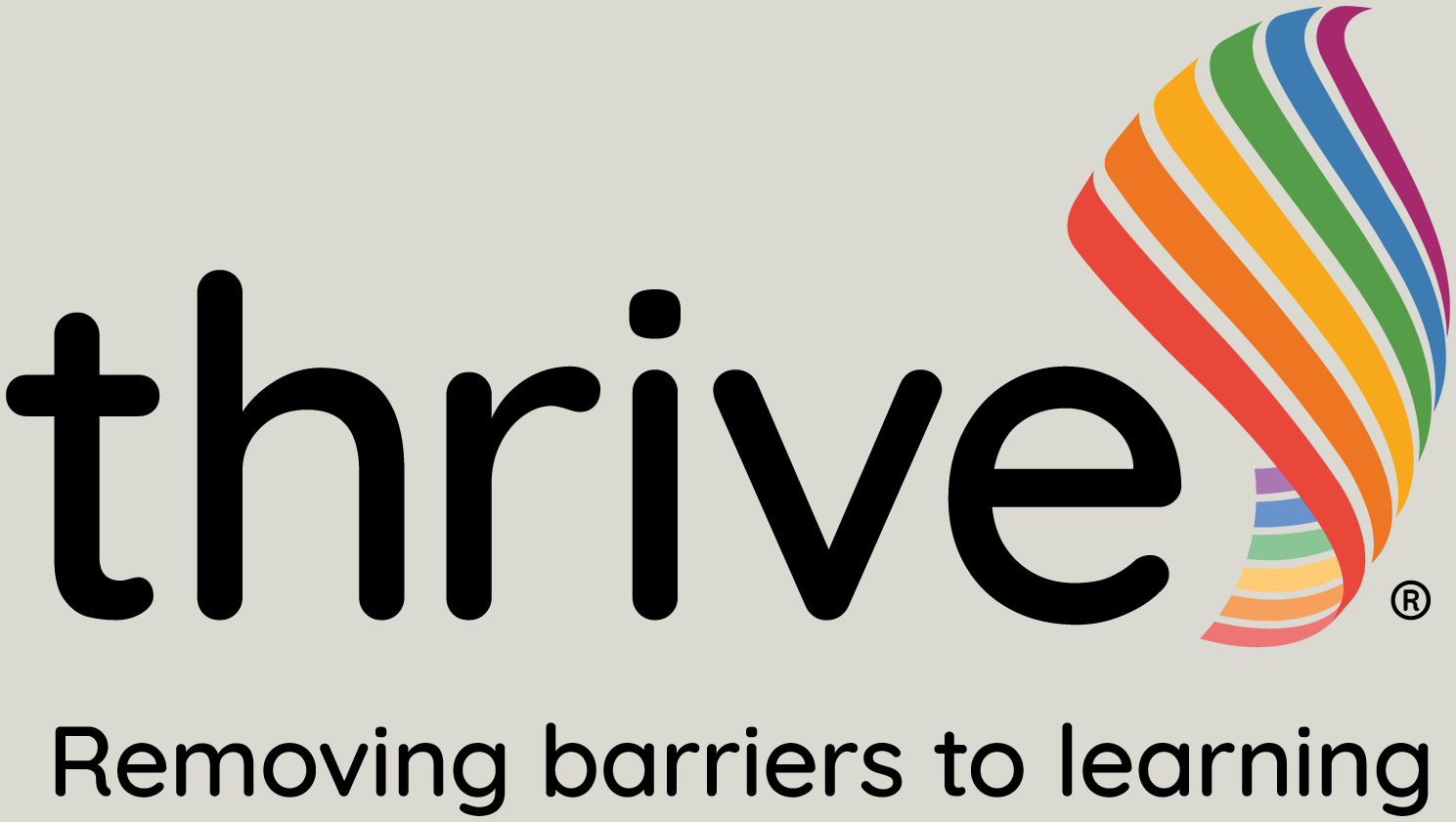
The Thrive Approach
At Holly House we use the Thrive Approach to support children's emotional and social development. The Thrive Approach is a research-based framework rooted in neuroscience, attachment theory, and child development principles, Thrive provides educators and caregivers with strategies to help children build resilience, regulate their emotions, and develop positive relationships.

The six key developmental strands
At its core, Thrive identifies six key developmental strands that children progress through:
- Being – Feeling safe, secure, and settled.
- Doing – Exploring and developing confidence.
- Thinking – Problem-solving and understanding consequences.
- Power and Identity – Developing a sense of self and individuality.
- Skills and Structure – Learning self-discipline and cooperation.
- Interdependence – Forming and maintaining healthy relationships.
By assessing where a child is in their developmental journey, Thrive practitioners tailor support to meet individual needs, helping them overcome emotional barriers to
The Benefits of The Thrive Approach
- Improved emotional regulation and resilience.
- Increased engagement and participation in learning.
- Stronger relationships with peers and adults.
- Reduced behavioural difficulties and exclusions.
- Enhanced self-confidence and self-esteem.
Thrive at Holly House Special School
Holly House Special School, which supports children with social, emotional, and mental health (SEMH) needs, has embedded the Thrive Approach as a fundamental part of its educational and pastoral care. The school’s implementation includes:
- Whole-School Thrive Training
- All staff members are trained in the Thrive Approach, ensuring a consistent and nurturing environment.
- Teachers and support staff use Thrive strategies in everyday interactions to promote emotional well-being.
- Individual Assessments and Personalized Support
- Each student undergoes a Thrive assessment to identify their emotional and social development needs.
- Targeted action plans are created, using practical strategies and interventions tailored to each child’s specific requirements.
- Dedicated Thrive Practitioners
- Specialist staff members lead Thrive sessions, working one-on-one or in small groups to provide emotional support.
- These sessions help students develop self-regulation skills, confidence, and positive relationships.
- A Nurturing School Environment
- Classrooms and social spaces are designed to provide a calm and safe atmosphere.
- Staff use emotionally supportive language and approaches to reinforce positive behaviour.
- Community Engagement
- Collaboration with external agencies ensures holistic support for students beyond the school setting.
By fully integrating the Thrive Approach, Holly House Special School empowers its students to overcome challenges and thrive both in school and beyond.


